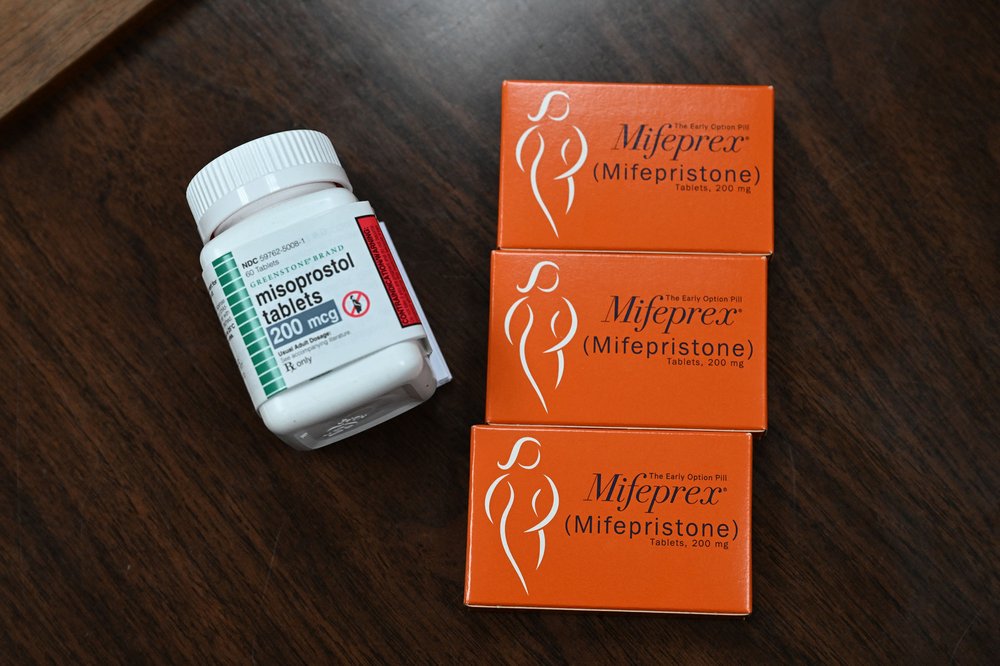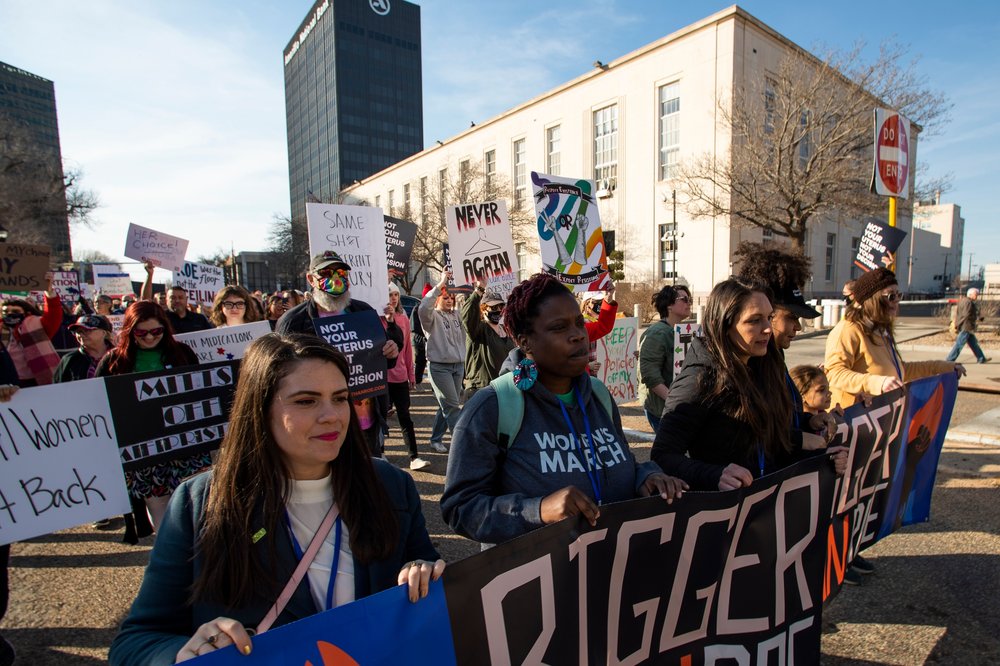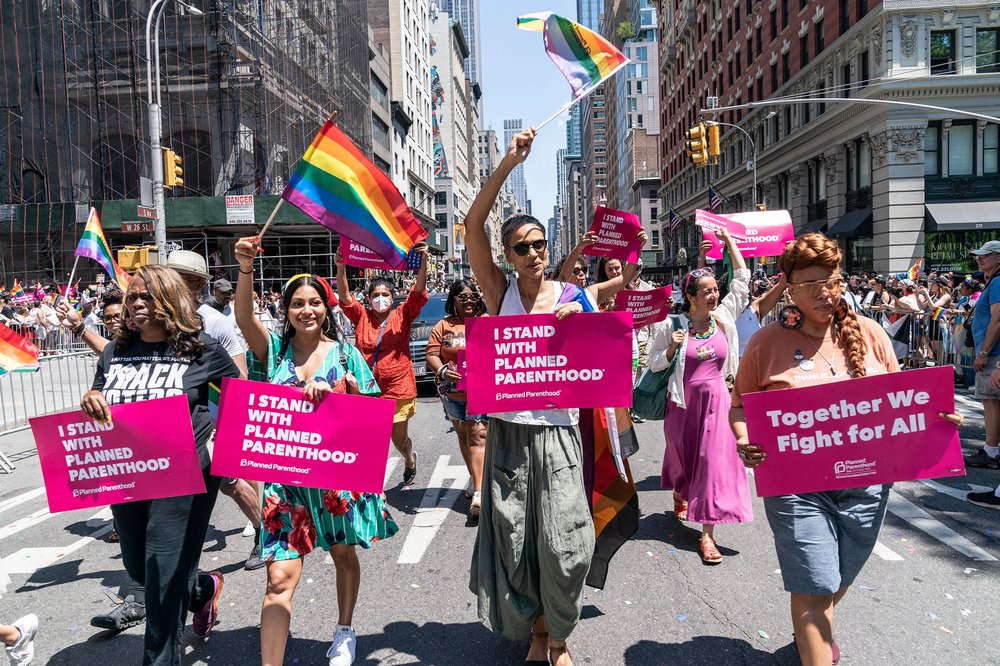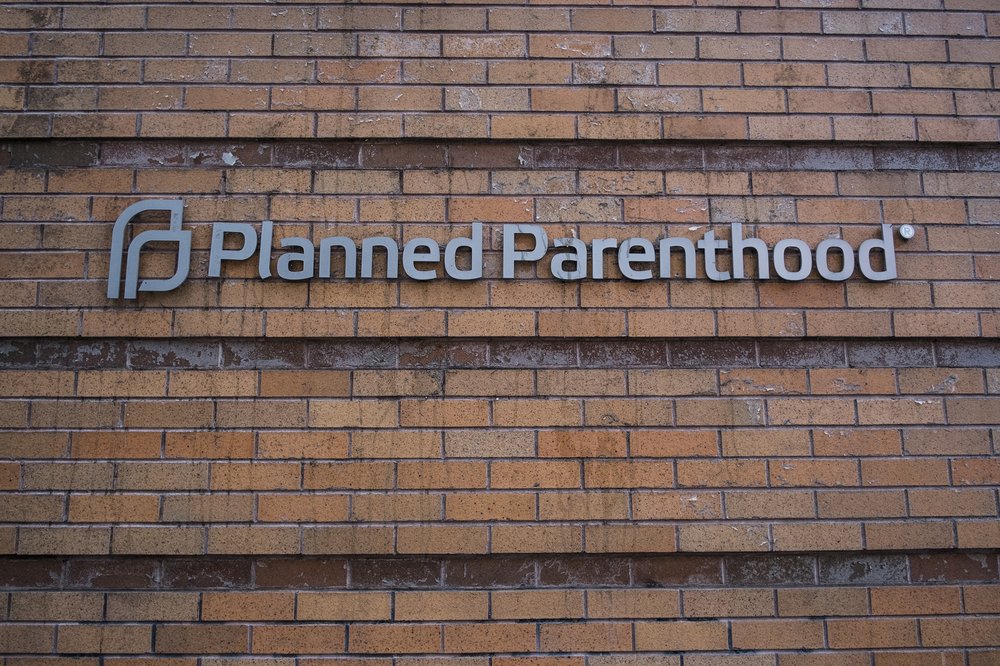How abortion pill access in New York is threatened by a Texas court
Feb. 21, 2023, 6:01 a.m.
Plaintiffs in the federal case are seeking to overturn FDA approval for the drug mifepristone. The move would affect people in states like New York, where abortion is legal.

A Texas judge could temporarily block access to a common abortion medication nationwide as soon as this week. Plaintiffs in the case are seeking to overturn FDA approval for the drug mifepristone and have requested a preliminary injunction while the case is pending in federal court.
The move would affect people in states like New York, where abortion is legal, demonstrating some limitations of state law to protect access to abortion in the face of ongoing challenges in court. But New Yorkers seeking to end a pregnancy would still have other options available to them — including procedures in clinics and workarounds for medication abortions.
“The state needs to remain nimble,” said Katharine Bodde, assistant policy director specializing in gender equality and reproductive rights for the New York Civil Liberties Union. “We need to really have a sustained investment in the infrastructure of abortion care.”
A coalition of anti-abortion groups known as the Alliance for Hippocratic Medicine filed the case against the U.S. Food and Drug Administration in November. Legal experts said the plaintiffs specifically sought out the judge overseeing the case, U.S. Judge Matthew Kacsmaryk, of the Northern District of Texas. Kacsmaryk, who was originally nominated by former President Donald Trump, has a record of ideologically conservative rulings, raising concerns about the potential for “judge shopping” to have undue influence on reproductive rights and other aspects of the law.
It’s been more than 20 years since the FDA first deemed mifepristone safe and effective for abortions, when used in conjunction with the drug misoprostol, and more evidence in favor of that conclusion has amassed since then. In 2016, the FDA approved mifepristone for use during the first 10 weeks of a pregnancy, up from seven weeks. More than half of the abortions performed in the U.S. are medication abortions.

But the lawsuit asserts that the FDA did not adequately assess the safety of the drug when it was first approved in September 2000. The plaintiffs also challenged other regulations around abortion medication, arguing that the federal government has put people at increased risk by making it easier to obtain over the years.
During the COVID-19 pandemic, the FDA began allowing mifepristone to be prescribed via telemedicine and delivered by mail, rather than requiring an in-person visit. In January, the Biden administration made the change permanent.
State attorneys general across the country who fall on both sides of the abortion debate have weighed in on the case.
In an amicus brief siding with the plaintiffs, 22 state attorneys general argued that the ability to send mifepristone by mail infringes upon the ability of each state to establish its own abortion regulations. It’s an issue the U.S. Department of Justice addressed in a memo in December, which indicated that states could not restrict medications from being sent through the mail because they could not prove the sender intended for them to be used illegally. The memo noted that mifepristone and misoprostol can also be used to help people manage miscarriages.
In a separate amicus brief taking the FDA’s side, another 22 state attorneys general, including New York’s Letitia James, argued that a ban on mifepristone would not only limit access to effective abortion care and miscarriage management, but also contribute to a greater burden on clinics located in states where abortion is legal.
The brief added that a ruling in favor of the plaintiffs “undermines the integrity of the FDA approval process for other drugs.”
New Yorkers would still be able to get an abortion
Even if mifepristone is taken off the market in the U.S., that does not mean abortion will not be accessible. People can still visit clinics and obtain the procedure in states where abortions are legal. Some clinicians have also said they will adjust their protocols for medication abortion to use misoprostol alone. That drug is unlikely to be taken off the market because it is approved by the FDA to treat gastric ulcers and can be prescribed off-label for solo use.
The use of misoprostol alone is common in other countries and is endorsed by groups like the American College of Obstetricians and Gynecologists. But evidence shows that it is more likely to require additional doses to complete the abortion, and it more frequently results in the need for follow-up procedures at clinics.
Abortion advocates said a mifepristone ban could place more strain on health care providers in legal states like New York that are already serving larger numbers of out-of-state patients from places with restrictions.

Merle Hoffman, the founder and CEO of Choices Women’s Medical Center in Queens, said her clinic will adjust its protocol to prescribe just misoprostol if necessary.
“It's not only dystopian, it's just unbelievable that they're deciding which medications we can take,” said Hoffman.
But she said she’s not surprised. “I do not consider any state in this country safe,” she said.
There are also groups that already help people get mifepristone in states where medication abortion is already restricted. A group called Aid Access, run by Dutch physician Dr. Rebecca Gomperts, has a clinician review online requests for abortion medication and ships pills to the U.S. from India for a fee of $105 to $150, which can be waived in cases of financial hardship. Gomperts sends the medication to other countries with abortion restrictions as well and told Gothamist she will still ship mifepristone to the U.S. even if FDA approval for the drug is revoked.
Still, going this route is not ideal — shipments from overseas can take multiple weeks to arrive. Ahead of any national ban on mifepristone, New Yorkers can still use Aid Access to get abortion medication shipped within the U.S. without a prescription for future use.

A group called Plan C researches the legitimacy of other websites that ship abortion medication to places where it’s banned and lists different methods of getting abortion pills in each state, such as using forwarding addresses.
Speaking on the Texas case, Elisa Wells, cofounder and co-director of Plan C, said, “These types of activities slow everybody down, but we're not letting them stop us.”
Setting a dangerous precedent
Still, this case could have implications for the authority of the FDA moving forward. There is little precedent for a judge siding with plaintiffs seeking to overturn FDA approval for a product, especially one that is so well-established, said Carl Tobias, a professor at the University of Richmond School of Law, who previously consulted for the FDA. “This is exceedingly rare,” he said.
But given Kacsmaryk’s past rulings, he said it is “certainly possible and maybe even likely” that he will ultimately rule in the plaintiffs’ favor. If that happens, the Biden administration is expected to appeal the decision, but Tobias said they could face an uphill battle.
“Part of the problem on appeals that come from Texas is that they go to the U.S. Court of Appeals for the Fifth Circuit, which everyone agrees is the most ideologically conservative appeals court in the country,” Tobias said.
If the case then lands in the Supreme Court, it will face the same panel of judges that overturned Roe v. Wade last year.
Tobias said there may be ways to change the rules to protect against the type of judge shopping that took place in this case. For instance, he said, “They could do random draws of all the judges in the district and not allow litigants to find a single judge in a single courthouse and take advantage of that.”
Bodde said the Texas case raises concerns that a single judge could “disrupt the provision of medication abortion nationwide.”
This story was updated to correct Katharine Bodde's title. She is the assistant policy director specializing in gender equality and reproductive rights for the NYCLU.